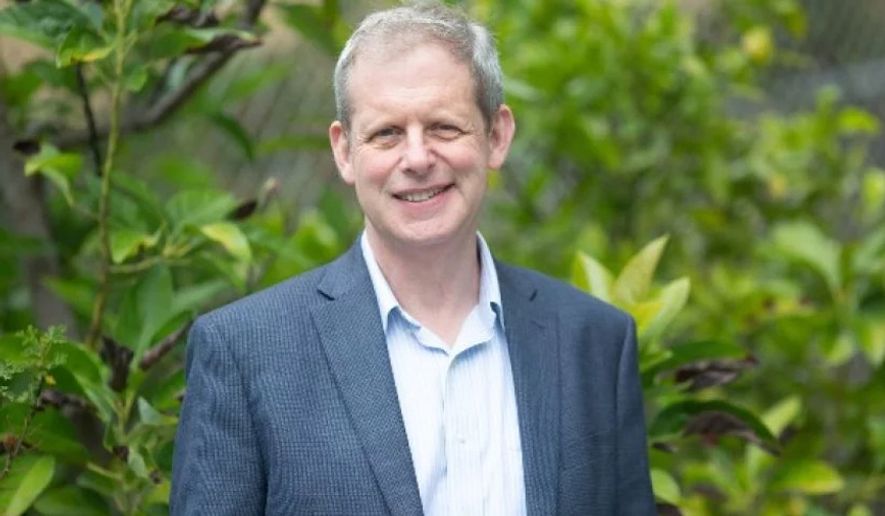Prominent First Amendment blogger Eugene Volokh filed a federal lawsuit Thursday challenging a New York law targeting online hate speech, arguing that the measure forces platforms to become content police in violation of the U.S. Constitution.
Mr. Volokh, a UCLA law school professor who runs the Volokh Conspiracy legal blog, sued Attorney General Letitia James to overturn the newly minted law, saying it forces platforms to regulate protected speech by deeming it “hateful conduct.”
The law takes effect Saturday.
“New York politicians are slapping a speech-police badge on my chest because I run a blog,” said Mr. Volokh, who co-founded the Volokh Conspiracy in 2002.
“I started the blog to share interesting and important legal stories, not to police readers’ speech at the government’s behest,” he said.
The law signed in June by Democratic Gov. Kathy Hochul requires social media platforms to publish and enforce rules barring “hateful conduct” used “to vilify, humiliate, or incite violence against a group of a class of persons on the basis of race, color, religion, ethnicity, national origin, disability, sex, sexual orientation, gender identity or gender expression.”
The Foundation for Individual Rights and Expression (FIRE), which filed the lawsuit in U.S. District Court for the Southern District of New York, said that the state doesn’t define “vilify,” “humiliate,” “incite” or “violence.”
Even so, the law “targets speech that could simply be perceived by someone, somewhere, at some point in time, to vilify or humiliate, rendering the law’s scope entirely subjective.”
Mr. Volokh and the other plaintiffs, Rumble Canada and Locals Technology, disagree with New York’s definition of hate speech, but will be compelled to endorse it by creating the enforcement mechanisms required under the law or face fines of up to $1,000 per day, the lawsuit said.
Examples of speech that could run afoul of the law include an atheist criticizing religion; a comedian mocking gender stereotypes, or a video by U.K. comedian John Oliver making fun of the British monarchy.
“The state of New York can’t turn bloggers into Big Brother, but it’s trying to do just that,” FIRE attorney Daniel Ortner said.
“The government can’t burden online expression protected by the Constitution, whether it’s doing it in the name of combating hate or any other sentiment. Imagine a similar law requiring sites to publish a reporting policy for speech the state considers un-American — that would be just as unconstitutional,” he said.
The legislation was fast-tracked after the deadly Buffalo supermarket shooting in May that saw a White gunman target Black customers based on their race. He pleaded guilty last week to 10 counts of first-degree murder and one count of domestic terrorism motivated by hate.
Ms. James issued a report in October concluding “several online platforms played an undeniable role in this racist attack.”
“The tragic shooting in Buffalo exposed the real dangers of unmoderated online platforms that have become breeding grounds for white supremacy,” she said in an Oct. 18 statement.
The Reporters Committee for Freedom of the Press said after the law’s passage that “much of what the bill defines as ’hateful conduct’ is protected by the First Amendment,” while TechDirt editor Mike Masnick accused state officials of casting blame on social media to cover up their own failings.
“What happened in Buffalo broke the nation’s heart, and the impulse to take action is understandable. But violating expressive rights online won’t make us safer,” FIRE senior attorney Jay Diaz said.
• Valerie Richardson can be reached at vrichardson@washingtontimes.com.




Please read our comment policy before commenting.